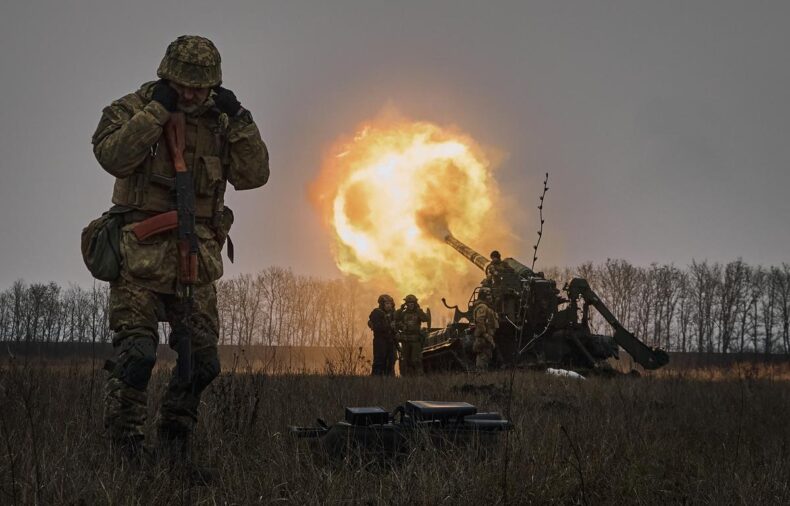The (G7) is a group of seven leading industrialized nations, including Canada, France, Germany, Italy, Japan, the United Kingdom, and the United States met digitally on April 12, 2024, to discuss a number of urgent global challenges. The summit’s theme, “Building Back Better for a Sustainable Future,” put an emphasis on combating climate change, boosting the economy, and ensuring international security.

G7 meetings are typically held annually and are attended by the leaders of the member countries. These meetings provide an opportunity for leaders to discuss a wide range of issues, including economic growth, trade, climate change, global security, and international relations. The discussions are intended to foster collaboration and coordination among the member countries on these issues. The G7 leaders reiterated their commitment to the Paris Agreement while discussing the ongoing global climate issue during the conference.They emphasised the importance of moving rapidly to reduce greenhouse gas emissions and decrease the effects of climate change.
World economy
The leaders agreed to cooperate in order to provide fair access to vaccinations and assistance for the most vulnerable nations, as they also spoke about the ongoing COVID-19 epidemic. They also talked on the necessity of enhancing global health security and pandemic readiness. The summit also included a significant discussion on the world economy. The leaders emphasised the need for a long-lasting and inclusive economic recovery, with a focus on supporting small and medium-sized businesses, investing in infrastructure, and creating new jobs.
Russia’s annexation
The summit’s discussions, however, focused mostly on the ongoing crisis between Russia and Ukraine. Russian forces started a fresh military attack in eastern Ukraine at the beginning of April 2024, seizing a number of Ukrainian towns and cities. The war has been deemed to have significantly escalated as a result, and Ukraine’s sovereignty and territorial integrity have been directly violated.
Putin’s visit
Russia has recently increased its military activity in eastern Ukraine and has been illegitimately annexing Crimea since 2014.Thousands of people have passed away as a result of the violence, and many more have been displaced. The war has persisted despite cease-fire agreements and peace negotiations, with Russia continuing to fund separatist groups in eastern Ukraine.
In reaction, the G7 leaders resolved to penalize Russia further in order to target those responsible for human rights abuses in Russia, as well as those responsible for military aggression against Ukraine. In order to end the situation amicably, the G7 has also urged Russia to remove its troops from Ukraine and start a productive conversation.
Sanctions
The G7 leaders have severely denounced Russian President Vladimir Putin’s recent visit to the regions of Ukraine that his soldiers have seized. They have imposed several rounds of sanctions on Russia since 2014. These sanctions were imposed to condemn and punish Russia’s annexation of Crimea and its involvement in the conflict in eastern Ukraine.
These sanctions were imposed to condemn and punish Russia’s annexation of Crimea and its involvement in the conflict in eastern Ukraine. They believe that this visit is yet another infringement on Ukraine’s sovereignty and international law. The G7 leaders emphasized the need for a peaceful resolution to the situation and for Russia to maintain Ukraine’s territorial integrity.
Specifically, the G7 online summit served as an essential forum for world leaders to debate a range of concerns. While the leaders talked about a variety of topics, the most urgent one—the ongoing crisis between Russia and Ukraine—took center stage. By choosing to censure Russia, the G7 is sending a clear message to Putin and the rest of the world that the international community will not stand for acts of aggression or the disregard of international law. It is anticipated that this conference would usher in a peaceful end to the hostilities and a better future for Ukraine’s citizens.













